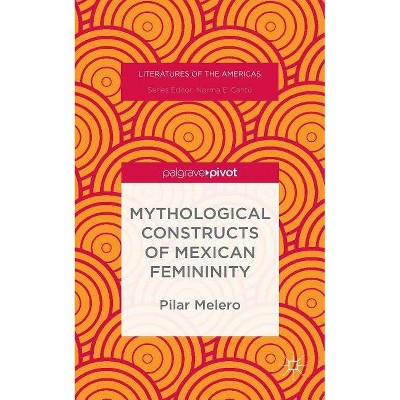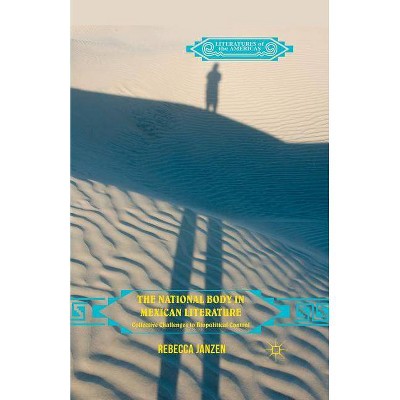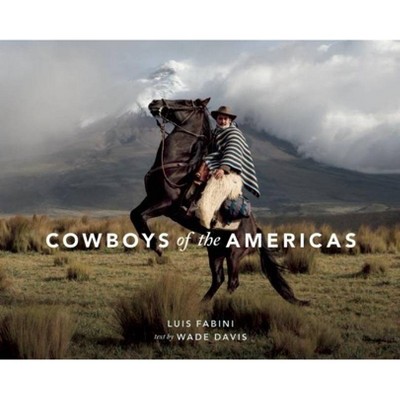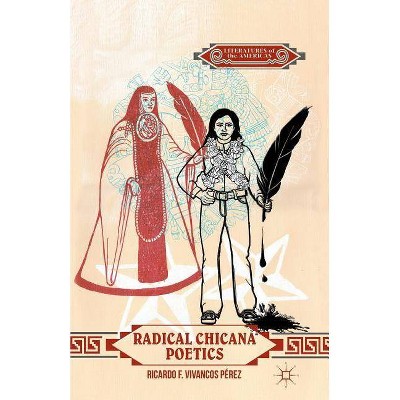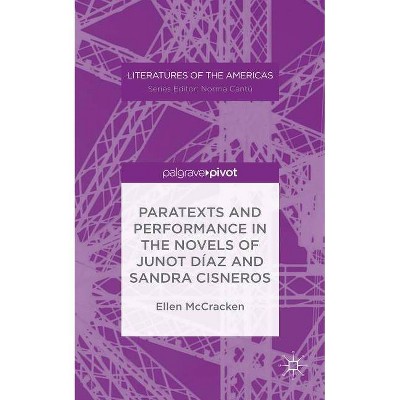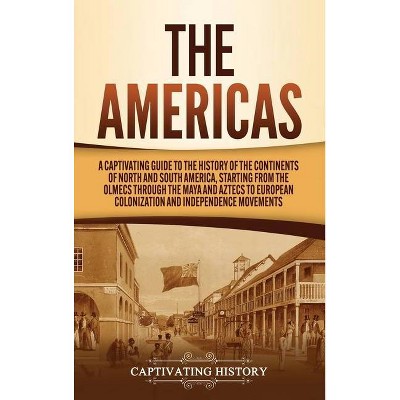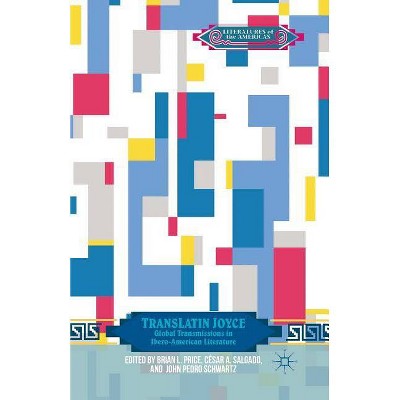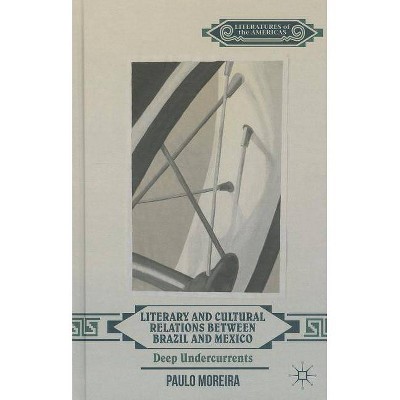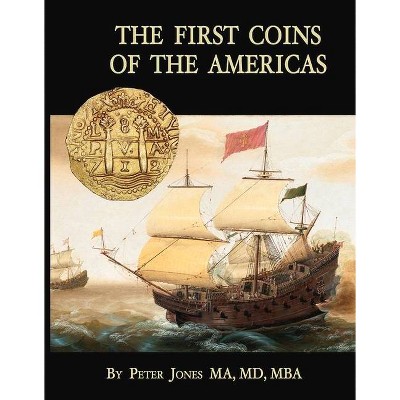Revisiting the Mexican Student Movement of 1968 - (Literatures of the Americas) by Juan J Rojo (Hardcover)
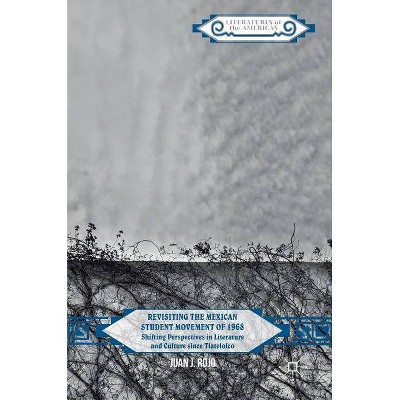
Similar Products
Products of same category from the store
AllProduct info
<p/><br></br><p><b> About the Book </b></p></br></br>Tracing the evolution of Mexican literary and cultural production following the Tlatelolco massacre, this book shows its progression from a homogeneous construct set on establishing the "true" history of Tlatelolco against the version of the State, to a more nuanced and complex series of historical narratives.The initial representations of the events of 1968 were essentially limited to that of the State and that of the Consejo Nacional de Huelga (National Strike Council) and only later incorporated novels and films. Juan J. Rojo examines the manner in which films, posters, testimonios, and the Memorial del 68 expanded the boundaries of those initial articulations to a more democratic representation of key participants in the student movement of 1968.<p/><br></br><p><b> Book Synopsis </b></p></br></br><p>Introduction Silencing the Storm: The Never-Ending Search for Truth after Tlatelolco</p><p>Chapter 1 <i>Testimonio </i>as Metahistory in González de Alba's <i>Los días y los años</i><br></p><p>Chapter 2 At the Center of the Periphery: Arretche's <i>El grito</i> and the Rhizomatic Visual Discourse of the 1968 Student Movement<br></p><p>Chapter 3 <i>Cárcel de mujeres</i>: Gender and Gendering in "La Tita" Avendaño's <i>De la libertad y el</i> <i>encierro</i><br></p>Chapter 4 The Specters Come Back to Life: <i>Rojo amanecer</i> and <i>El Bulto</i></p>Chapter 5 Looking Back After 40 Years: <i>El Memorial del 68</i><p></p><p>Conclusion</p><p/><br></br><p><b> From the Back Cover </b></p></br></br><p>Tracing the evolution of Mexican literary and cultural production following the Tlatelolco massacre, this book shows its progression from a homogeneous construct set on establishing the "true" history of Tlatelolco against the version of the State, to a more nuanced and complex series of historical narratives. The initial representations of the events of 1968 were essentially limited to that of the State and that of the <i>Consejo Nacional de Huelga</i> (National Strike Council) and only later incorporated novels and films. Juan J. Rojo examines the manner in which films, posters, <i>testimonios</i>, and the <i>Memorial del 68 </i>expanded the boundaries of those initial articulations to a more democratic representation of key participants in the student movement of 1968.<br></p><p/><br></br><p><b> About the Author </b></p></br></br>Juan J. Rojo is Assistant Professor of Spanish in the Department of Foreign Languages and Literatures at Lafayette College, USA.
Price History
Price Archive shows prices from various stores, lets you see history and find the cheapest. There is no actual sale on the website. For all support, inquiry and suggestion messagescommunication@pricearchive.us
